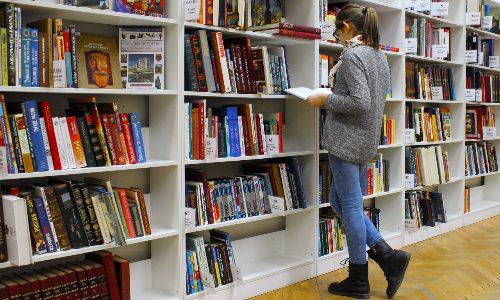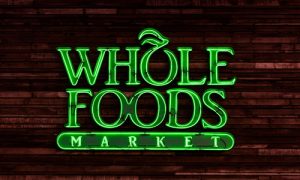With Amazon opening more physical bookstores and Barnes & Noble recently announcing a round of layoffs, how are smaller, independent bookstores staying open? It’s a tricky question to answer but easy to localize if you have a few indie booksellers in your area.
IndieBound and NewPages both have directories of independent booksellers which are searchable by geography, so that could be a good starting point. Also consult the American Booksellers Association (ABA runs IndieBound as a marketing initiative) for data on independent booksellers. Once you’ve gathered your initial research, here are some business angles to consider.
Marketing strategies
Is your local bookseller hosting more author signings and other events to try to bring in new customers or engage with the community? For instance, Appletree Books in Cleveland, Ohio is planning an overnight read-a-thon and slumber party with proceeds going to charity. Have any local booksellers added a coffee shop or bar area to position themselves as a gathering spot for the community?
The Wild Detective is a bookstore/bar in Dallas that gives customers a drink on the house when they come in to pick up a book they’ve ordered through the bookstore. See what other marketing strategies your local booksellers are using to drum up business.
Inventory trends
How are customer buying patterns influencing retailers’ inventory? Are booksellers devoting more floor space to home and gift items rather than books? Why? Do these items provide a better profit margin?
Has the way books are displayed and merchandised changed at all over time? How do book buyers decide what titles get precious shelf space?
Selling books in unusual spaces
While we often picture bookstores as a brick and mortar retail space in a strip mall or freestanding structure, that’s not always the case. Can you uncover any booksellers in more unexpected places?
For instance, Charleston, South Carolina has Itinerant Literate Books, a mobile bookshop in a camper, West Chester, Pennsylvania has Baldwin’s Book Barn and the UK has Words on the Water, the London Bookbarge. How do the economics of these spaces differ from a traditional retail space? What unique challenges do these creative solutions pose?











